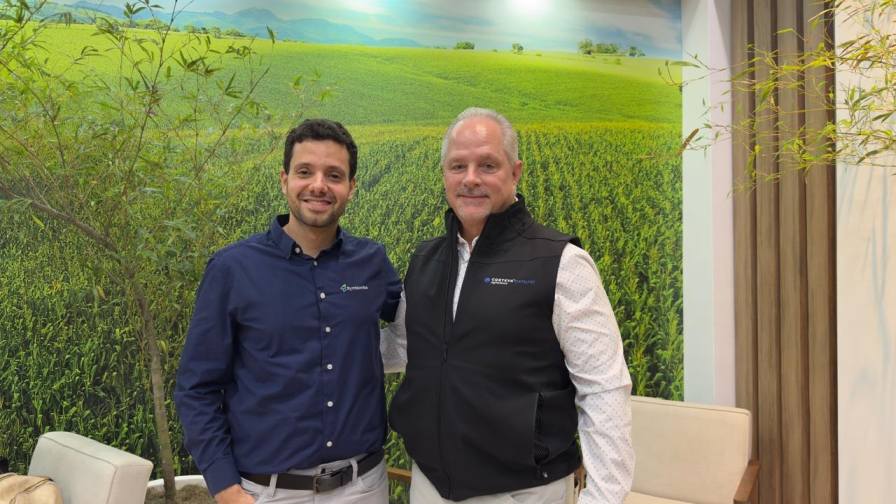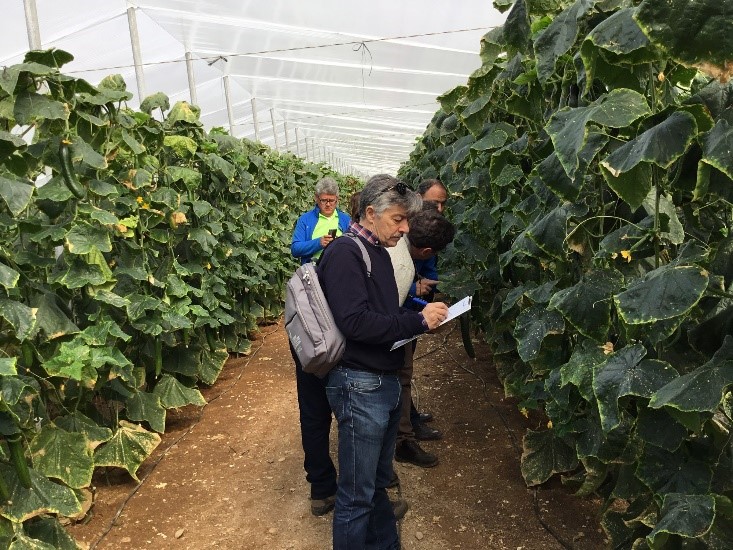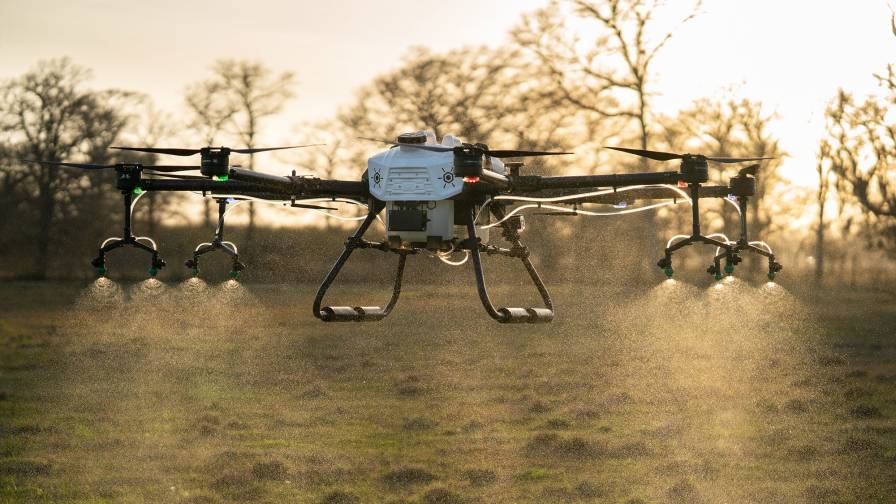TrustChem’s Susan Dee Discusses Strategizing for Crop Protection’s Future
AgriBusiness Global recently interviewed Susan Dee, General Manager for TrustChem, about considerations that crop protection company executives should be incorporating into future strategies to keep their companies relevant amidst changes happening in the global crop protection market. Dee discusses sustainability, formulations, regulations, and two common outdated strategies still practiced in today’s industry.
ABG: How should companies be incorporating sustainability into strategic planning?

Susan Dee
SD: Companies should be shifting toward sustainable and green solutions.
For biologicals, there is an accelerated demand for bio-based pesticides and integrated pest management as sustainability pressures mount. We have prioritized the Bacillus altitudinis ST15 product, an environmentally friendly solution to bacterial diseases in rice, by realizing its registration, large-scale production, and both domestic and international sales.
Also, companies should consider environmentally friendly packaging such as our Trustchem’s Biodegradable Pesticide Bottle Project, which received high praise as internationally advanced and domestically leading. This project was granted a Chinese national invention patent by the China National Intellectual Property Administration and successfully passed the international PCT patent review. We are actively promoting this product to the market, significantly contributing to the solution of pesticide packaging pollution.
Within the sustainability thinking, companies need to consider precision agriculture. By using drones and sensors to achieve variable pesticide application, it enhances utilization efficiency and minimizes waste, and also reduces the impact on the environment.
ABG: What should companies consider for crop protection formulation?
SD: They should be considering developing new mixture formulations. Mixture formulations are the core tools for the transformation of the crop protection industry toward high efficiency and sustainability, and they have many advantages. First, new mixture formulations have multi-target action, which means the product kills pathogenic bacteria through dual physical and chemical mechanisms, reducing the risk of resistance and delaying resistance.
This kind of product requires one spray for multiple protections and has a synergistic effect. This means a reduced dosage while enhancing the efficacy of the pesticide. For instance, some compound insecticides can simultaneously control Lepidoptera and Coleoptera pests. Compound herbicides may be able to control both broadleaf and grassy weeds simultaneously. Fungicides can be used to control both rust and leaf spot diseases simultaneously. With these results, it helps lower labor and mechanical costs caused by multiple single-agent sprays.
Another important consideration is regulations and consumer pressure. The “one product, one certificate” policy has been introduced in China. In the global agrochemical market, there are strict constraints on product usage safety and residue standards. All of this should be put into a formulation strategy.
ABG: What are two business strategies that were used 10 years ago, but are outdated today?
SD: There are two strategies that are outdated. The first is relying solely on chemical pesticides. This will lead to a variety of problems, such as intensified drug resistance and environmental residues. In the future, biopesticides and chemical pesticides should be combined to collaboratively produce solutions.
The second outdated strategy is the one-size-fits-all global product line. The problem with this strategy is that the spectrum of pests and diseases varies greatly in different regions. It is necessary to combine localized research and development, adjust the product formula, application time, usage methods, etc., and seek solutions that are more suitable for local pest and disease conditions. It’s important to strive to closely align with the market and the genuine needs of the users.
ABG: Any last comments for companies looking to strategize into 2026?
SD: Prioritize developing sustainable solutions to address ever-evolving agricultural challenges, ensuring long-term relevance in the market.
Trustchem will continue prioritizing product quality and staying focused on advancements in the biotechnology sector as we retain great confidence in our future growth.






